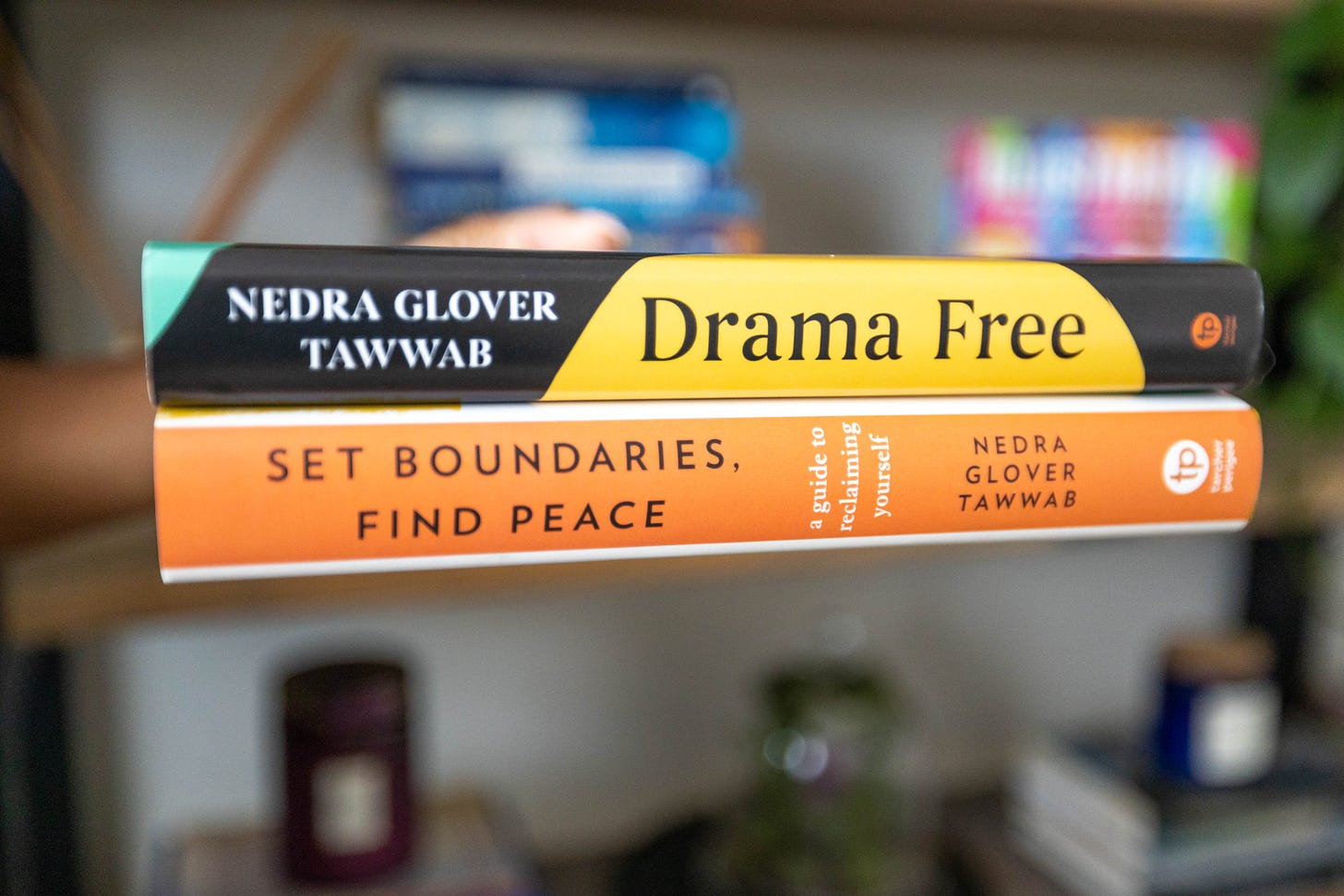I was walking my daughter to the bus stop one morning and it was chilly. I live in Charlotte, North Carolina. Since I’m in the South, it’s usually warm, but lately the temperature in the mornings has been between 50 and 65 degrees. When I walked to the bus stop I had a coat on, and I heard this little girl say, “Oh my gosh it’s so chilly,” and my neighbor said to her, “It’s not that cold. I’m from Chicago. You think this is cold?”
I was born and raised in Detroit, Michigan. I’m talking about negative temperatures and snowstorms, all of the cold weather things but diminishing someone else feeling cold because I know colder doesn’t make any sense to me. That little girl’s sense of cold is based on this climate and where she is located. So if the baby is saying 55 degrees is cold to her then it’s cold. It may not be as cold as Chicago or Detroit, but as a person who moved to Charlotte from one of those places, and who donated all of her coats the first year she was here, I want all my coats back because my body has adjusted. This is my new cold.
We have to stop comparing our pain and our experiences with everybody else's. We each experience our lives in relation to everything that we have going. Nothing is isolated. So what may not be that bad for one person, may really be a hardship for someone else. We have to let people go through what they’re going through without trying to make it seem like it’s not a big deal because there’s something out there that’s worse. There will always be something worse, that doesn’t mean what that person is experiencing doesn’t hurt or isn’t sad or uncomfortable.
We play this comparison game because:
We want to help people put things in perspective. We want them to know that what they’re going through isn’t too bad because it could be worse.
We want to minimize their complaining.
We are trying to highlight our trauma and pain.
We want to be heard, and want people to see value in our stories.
When we create a pain hierarchy and diminish people’s experiences we:
Create a space where people feel unheard and unsupported.
Close people off from sharing, not just with us, but with others as well.
Make them feel like their pain is not worth talking about.
Shut down their desire to express themselves.
Teach them to replicate our behavior and begin or continue an unhealthy cycle.
When someone is dealing with something or looking for support, they don’t need us to downplay their experience. It isn’t the time for us to center what we have been through. Each of our experiences are uniquely our own and we need to be allowed to have them.

Journal Prompt
What is something challenging you experienced that someone else told you wasn’t that bad? How did that make you feel?
A Few Things That Caught My Attention This Week
I Never Called Her Momma, by Jenisha Watts in The Atlantic. From beginning to end, this article was truly amazing. The beauty of reading is finding parts of yourself in the world of others.
Revisiting Ellen Burstyn at 81 on the Death, Sex & Money podcast. This was an amazing story of life. You can listen to it on Apple Podcasts, Spotify, or wherever you stream podcasts.
The Morning Show is back on Apple TV and the new season is off to an amazing start.
Arnold. You can watch this series on Netflix.
Father’s Day: A Kirk Franklin Story on Kirk Franklin’s Youtube channel. I was speechless after watching this.





“Reducing someone else’s experience.”
Some potent medicine here! 🤎✨
“It’s not the pain Olympics” such a great way of describing a key to empathy!